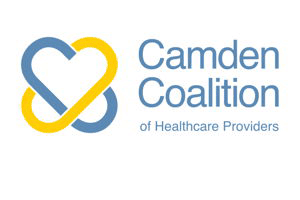Waiving prior authorization for buprenorphine in New Jersey permits timely access to medications for opioid use disorder
This pilot study in New Jersey, called the Suboxone Gold Card Program through the Camden Coalition of Healthcare Providers, assessed the impact of allowing buprenorphine to be prescribed to patients with OUD without prior authorization, a procedure that can delay access to medications for up to a week or more.
To win acceptance of the program by the health insurer (United Health Care of New Jersey, UHC), clinical teams provided detailed protocols for how buprenorphine was to be dispensed, emphasizing the patients' immediate need for the medication. Monthly meetings were held with UHC to monitor patient progress, and data were collected using the health information exchange on overdoses and health care utilization by patients.
Data indicated significant cost savings for UHC while maintaining a high level of care for patients. UHC permanently discontinued prior authorization for buprenorphine for the clinics involved, and providers estimated that more timely access to this medication likely saved lives. As a result of the pilot, legislation was adopted to end prior authorization for Medicaid patients statewide.
More information on the initiative can be found in this report.









